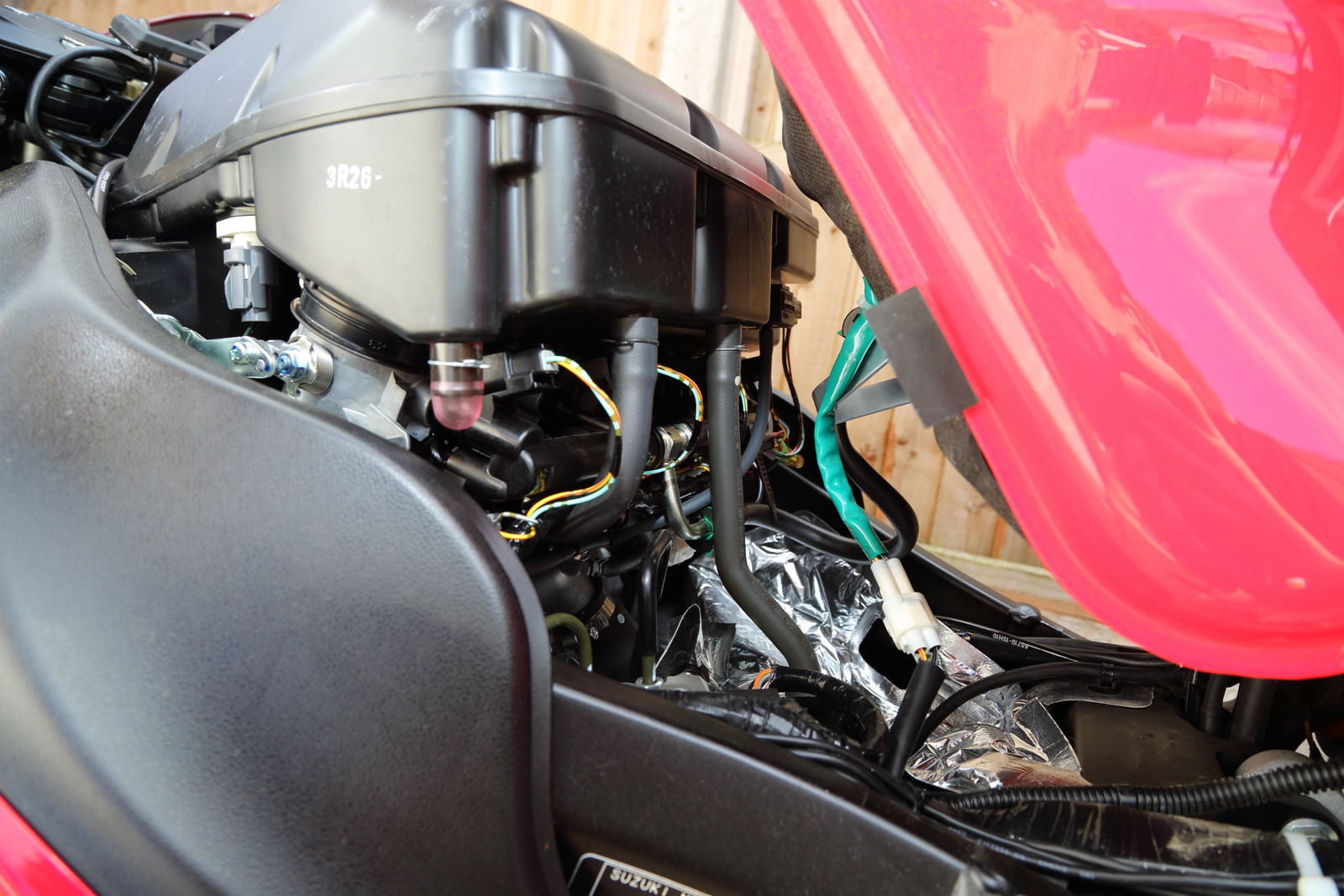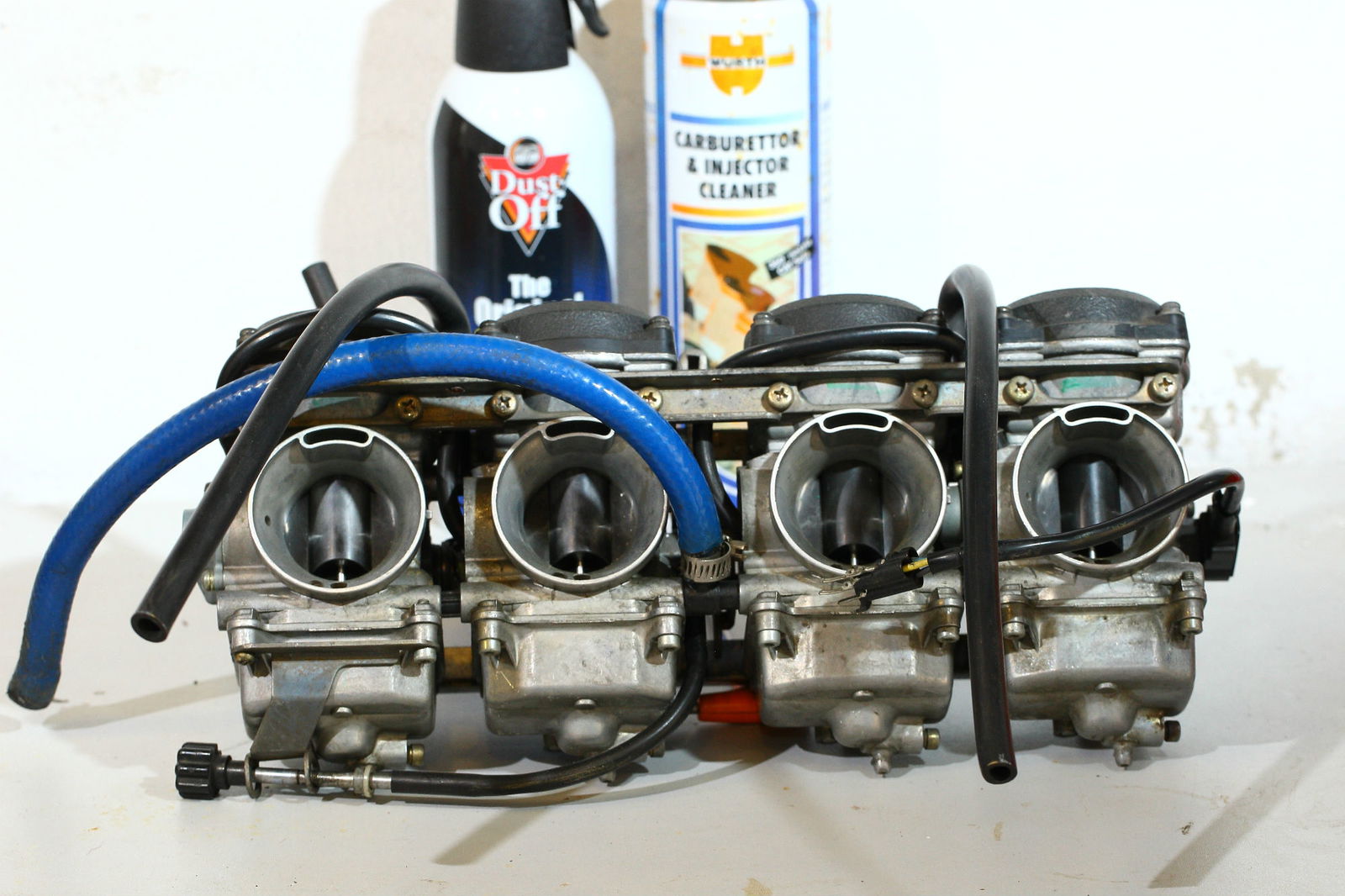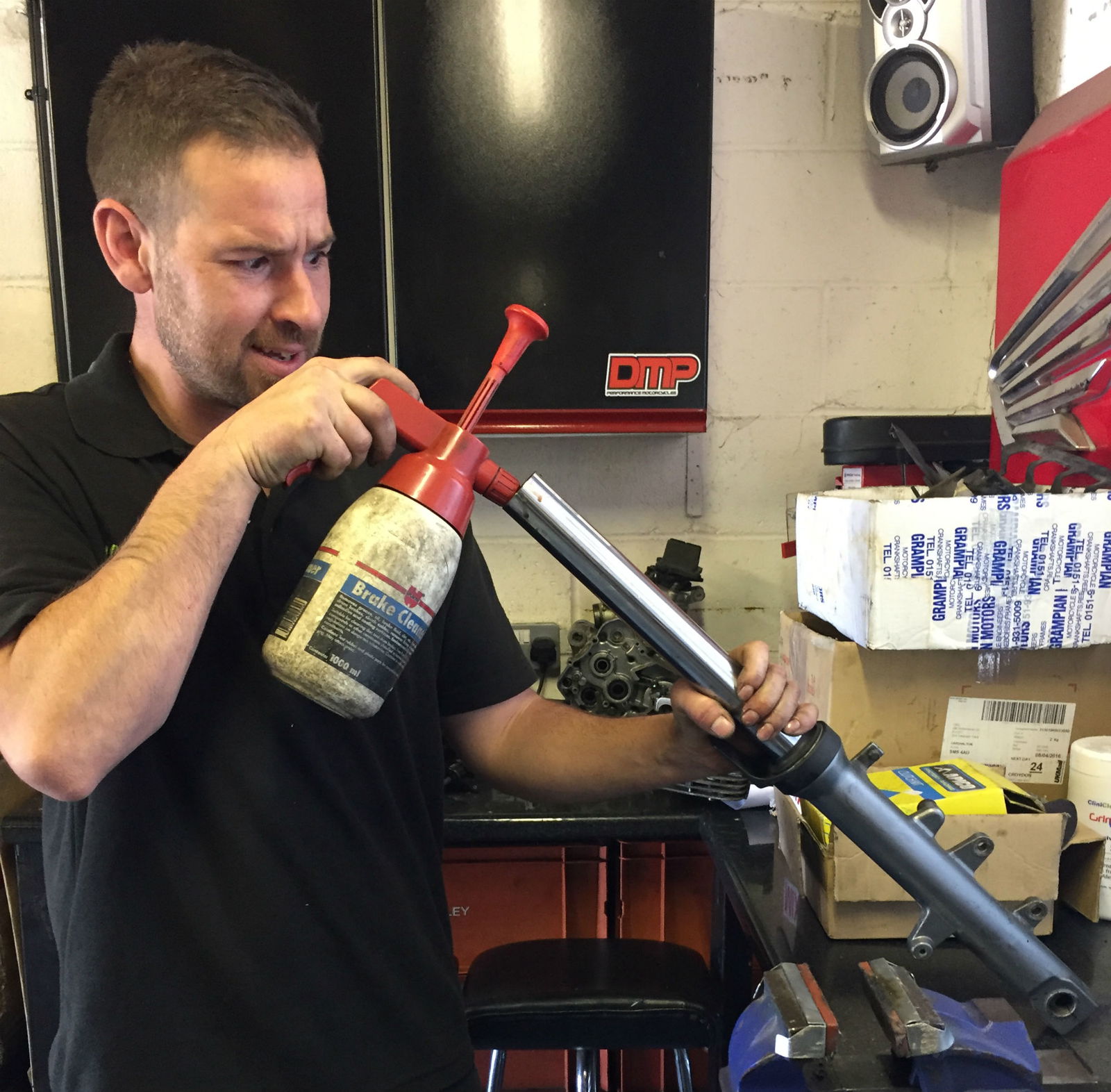How to… fit a power commander
Or other fuel injection piggyback device

FUEL injection is a wonder of the modern age: efficient, hassle-free, über-reliable.
But for the inveterate fiddler, used to swapping jets in a carburetor, it brought complications
Enter the Dynojet power commander. Now in its fifth incarnation, this little box of tricks lets you easily alter fuelling simply by downloading different fuel 'maps' over the internet, or taking your bike to a dyno shop for a bespoke setup.
There are other devices that do a similar task, but this one’s the market leader. Here’s how to do one, in five steps that will take a couple of hours max.
1. Get access
The biggest job is usually getting access to the injectors. On most sportsbikes you need to lift the fuel tank, normally by removing the seat, unbolting the tank at the front, and hinging it up. The four injectors are in a bank below the airbox – some four-cylinder bikes have two banks, including one in the top of the airbox, making eight in all, but you just want to access the lower 'main' ones here. You'll also need to find the throttle position sensor connector, which is usually on the right-hand end of the throttle bodies.

2. Position the commander
Find somewhere protected from rain and engine heat to mount the power commander. A good place is normally under the seat, and you get a sticky Velcro patch to secure it there. Feed the PC wiring harness along the subframe rails, and down towards the battery and injectors.
3. Connect to the battery
The power commander has one black 12v connector, which goes onto the black negative battery terminal. Then, for a four-cylinder bike like this Hayabusa, there are four pairs of male and female injector connectors, which 'tap in' between the bike's stock wiring harness and the injectors. That takes the injector signal voltage away to the power commander, which alters it according to the map, then sends it back to the injector via the power commander connectors. The throttle position sensor is also tapped into in the same way, so the power commander knows how much the throttle is opened.
4. Connect to the injectors
Unclip the injector connector, plug it into the power commander wiring, and plug the power commander connector into the injector. Do the same for the other three, and the throttle position sensor plug.
5. Check and start the bike
Make sure everything is tight and properly connected, and switch the bike on. You should get a light on the power commander, and the bike should start and run as normal. Switch off and refit the tank, seat, and any other panels you had to remove. Now, download a suitable map from www.powercommander.com or get down to the dyno shop for a proper bespoke tune.

